Six Reasons to Launch a Young Academy
As the first national network of early-career researchers marks its 21st birthday, the founders of Hungary's describe how and why they set up theirs in 2019.
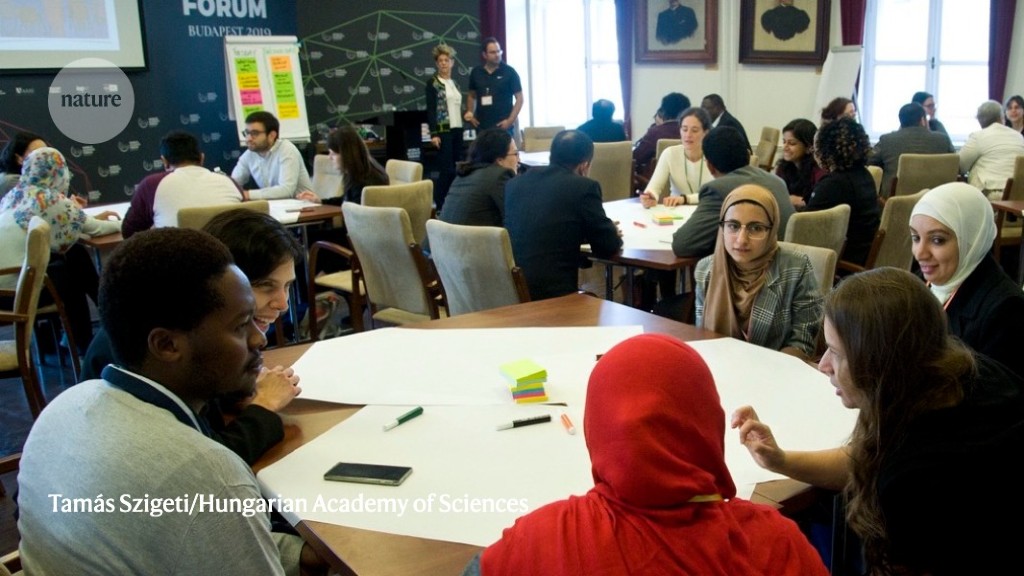
Send us a link
As the first national network of early-career researchers marks its 21st birthday, the founders of Hungary's describe how and why they set up theirs in 2019.

An area where researchers can gather and informally discuss ideas is the best way to produce innovative inventions, argues Ethan N. Gotian.
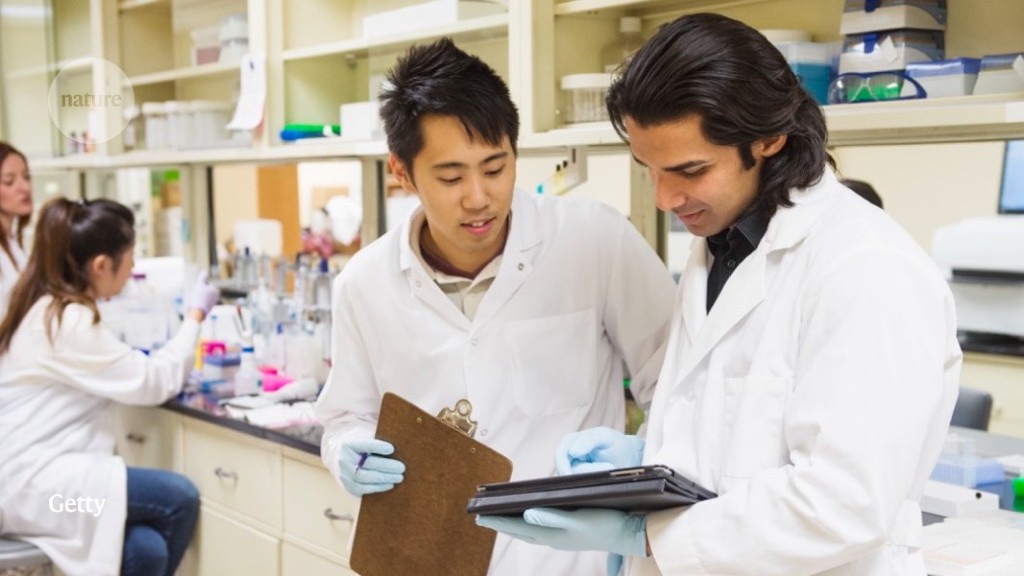
Is a trend of auctioning non-fungible tokens based on scientific data a fascinating art fad, an environmental disaster or the future of monetized genomics?
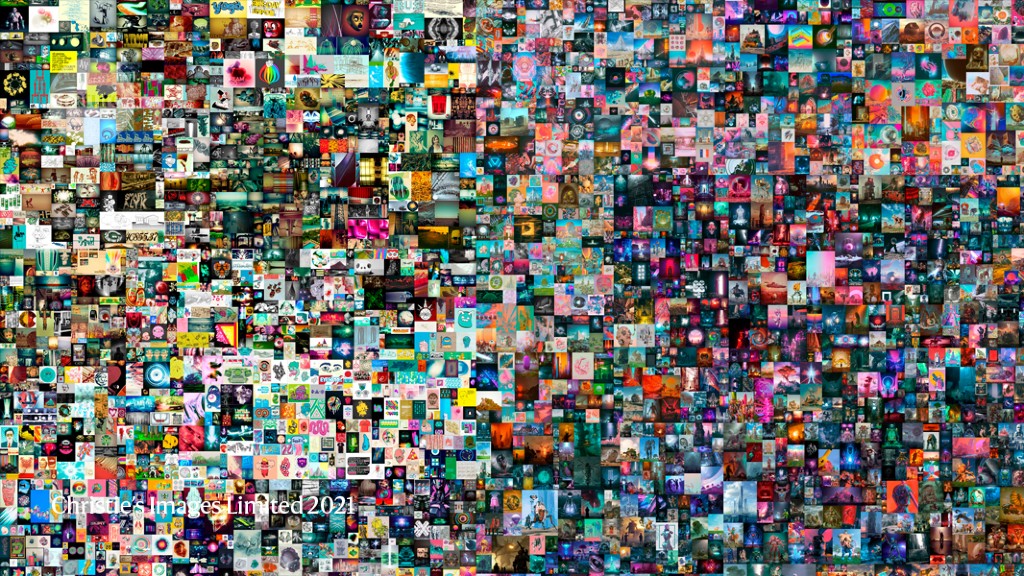
The pandemic and political tensions might slow the march towards more globalized science.
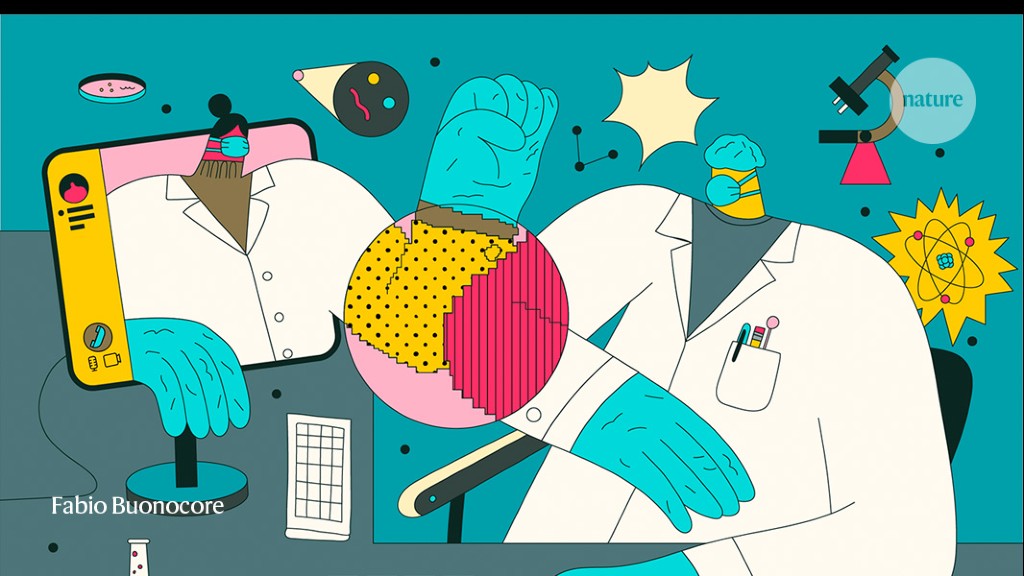
A specialist in diversity and inclusion lays out the science funder's plan for promoting equity.
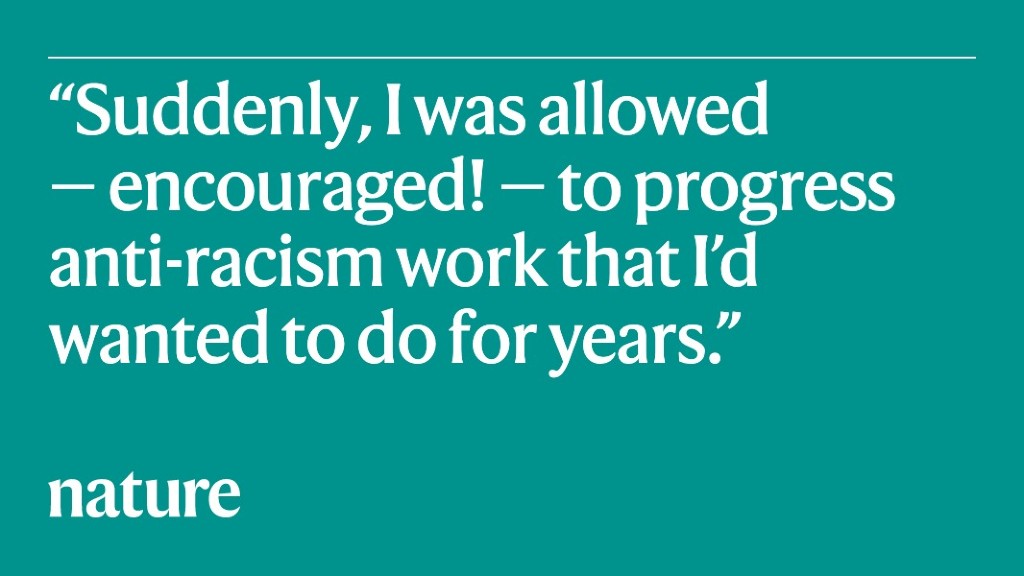
Scientists who plan to partner on a research project should start by identifying pressure points and devising ways of tackling them as a team.

Gemma Derrick revisits calls for a better research culture.
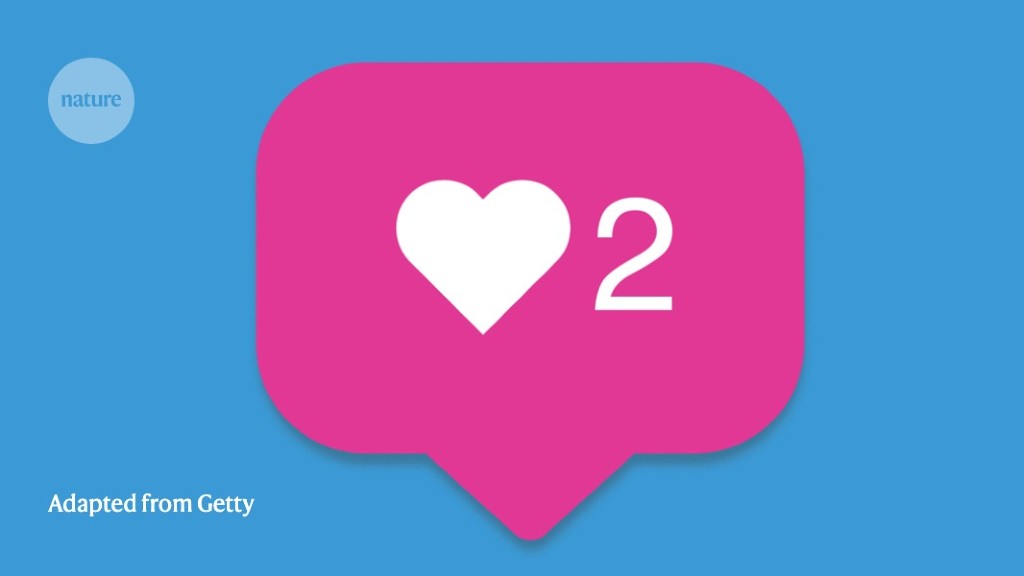
Mass vaccination drives in several countries are providing new data on the extent to which adult vaccination protects children - but the conclusions are mixed.
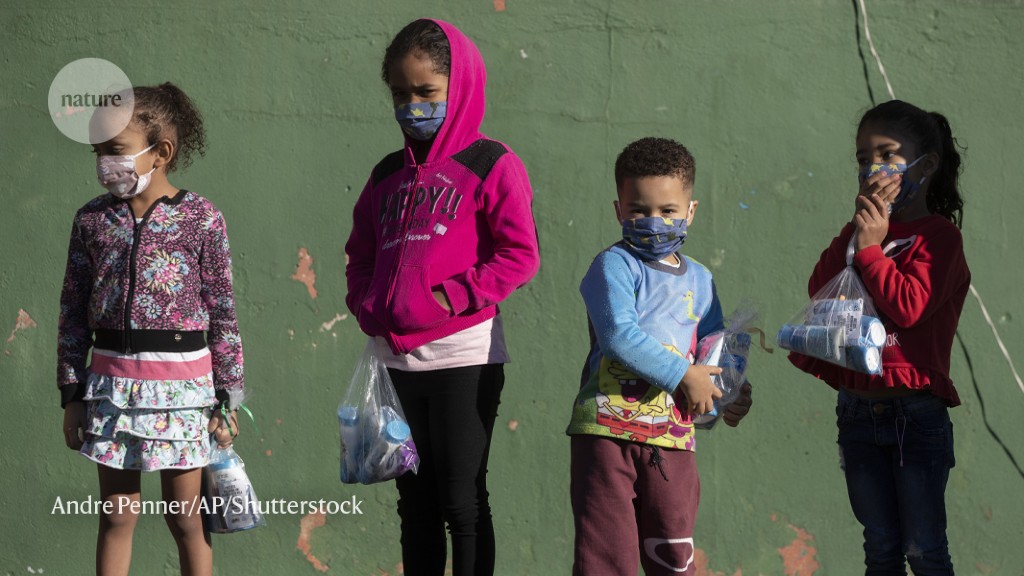
Nature's in-depth study of scientists' troubles and triumphs will help us to identify and address barriers to research careers.
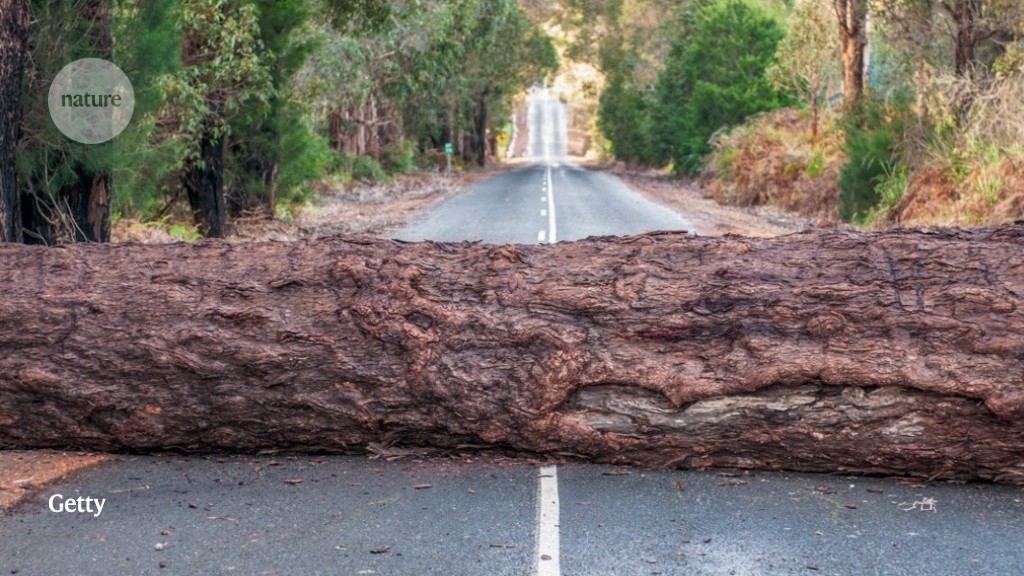
Nature examines arguments that the coronavirus SARS-CoV-2 escaped from a lab in China, and the science behind them.
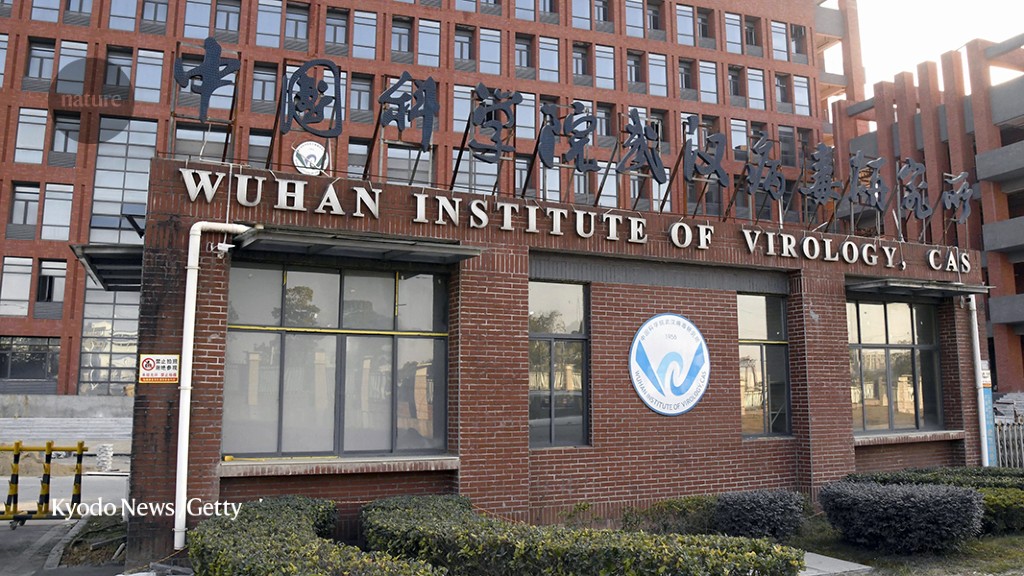
Postdocs and PhD students around the world require professional training to prepare them for a possible career outside academia, finds the Organisation for Economic Co-operation and Development.
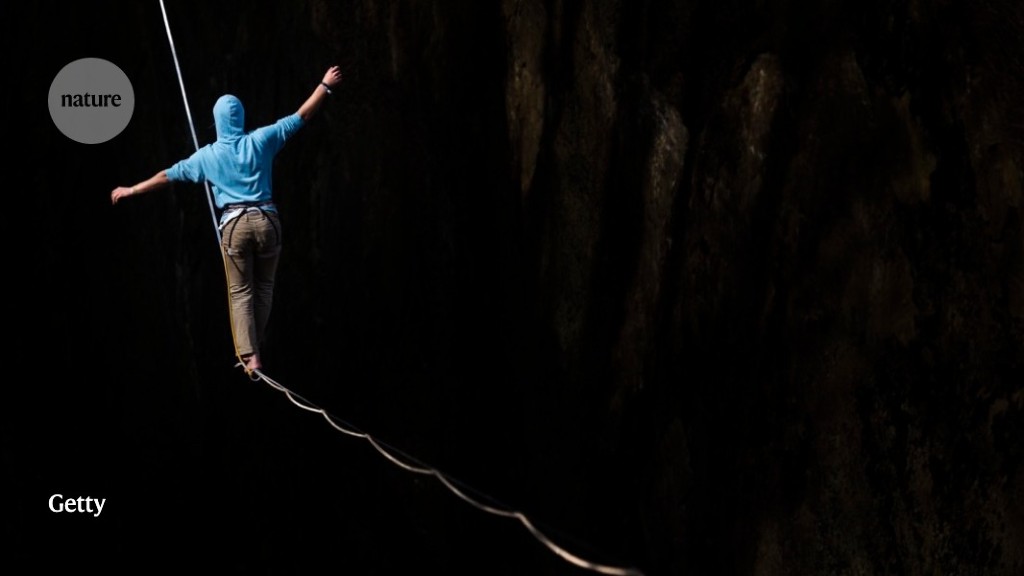
A cookie-cutter strategy to reform science will cause resentment, not improvement.
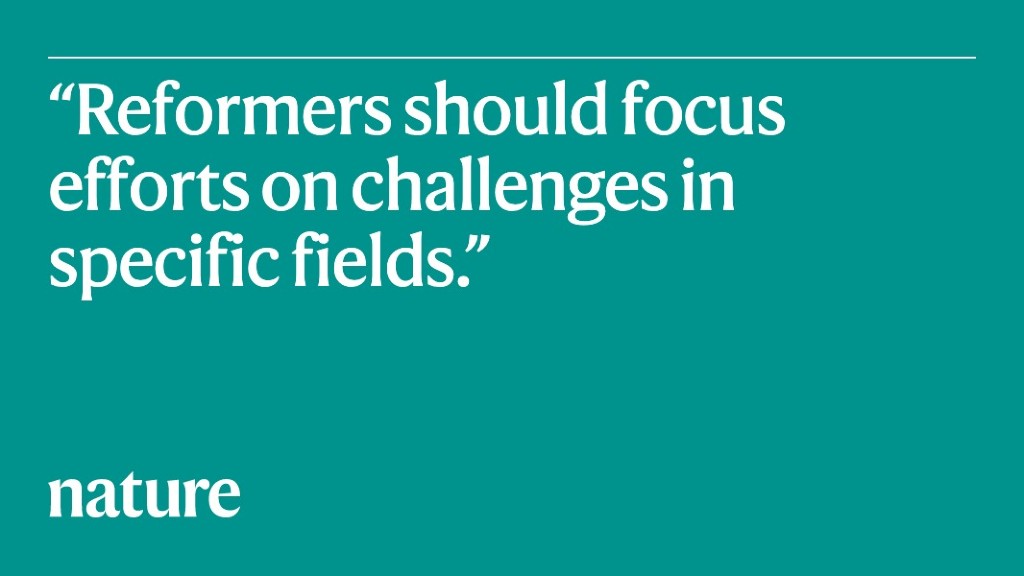
In the wake of COVID, a pandemic treaty could be a way to agree on data access before the next emergency strikes.
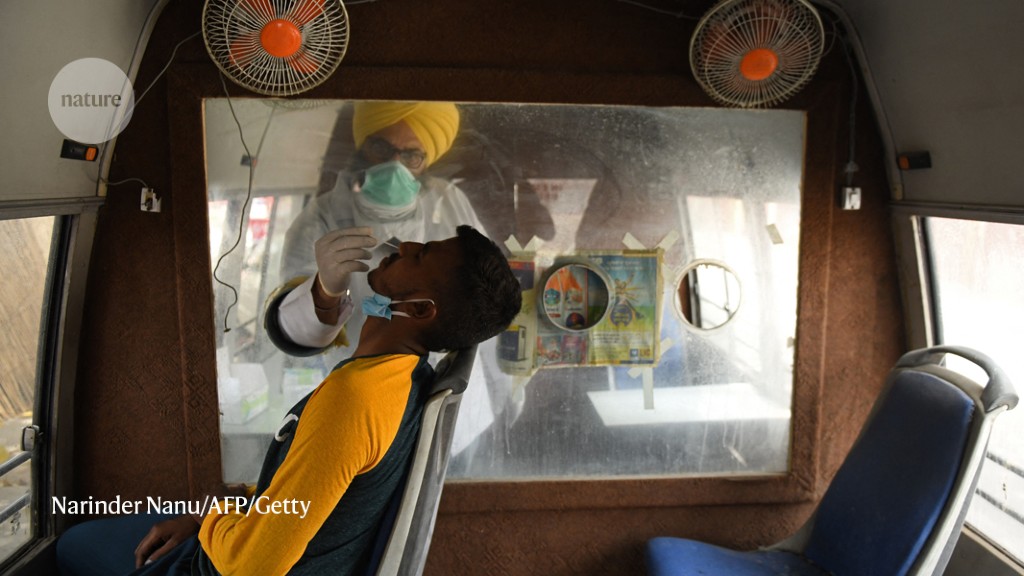
By taking positive action, as well as by protecting others from subtle slights, we can foster a better academic culture.
From Alpha to Omega, the labelling system aims to avoid confusion and stigmatization.
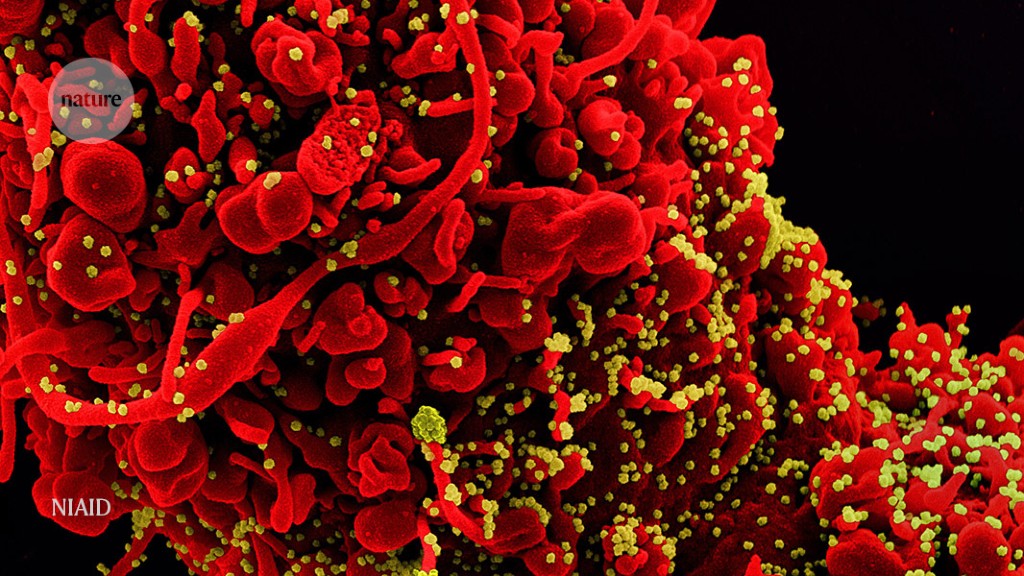
Researchers say the complaint filed against Elisabeth Bik could have a 'chilling effect' on scholarly criticism.
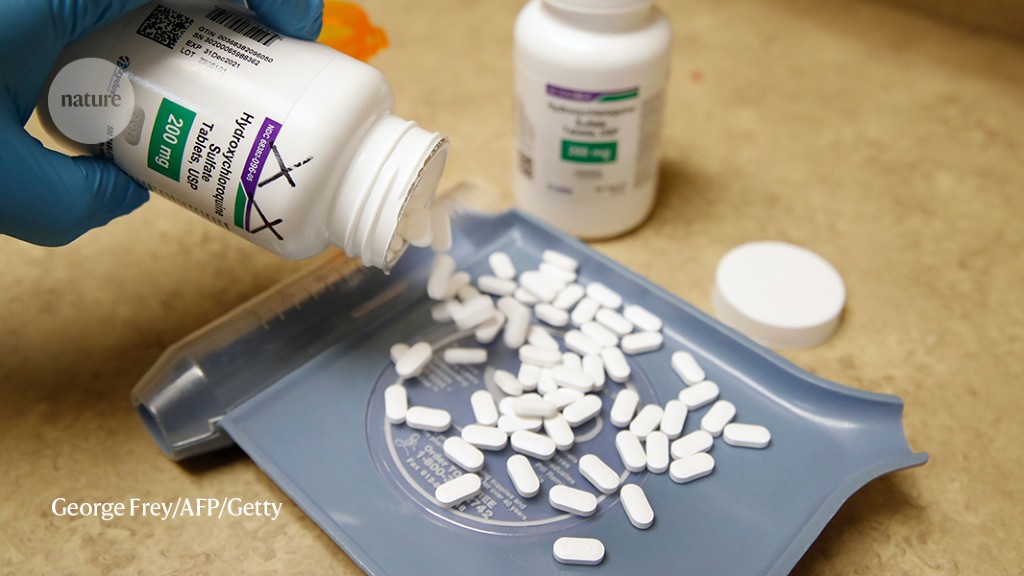
The nonsensical computer-generated articles, spotted years after the problem was first seen, could lead to a wave of retractions.
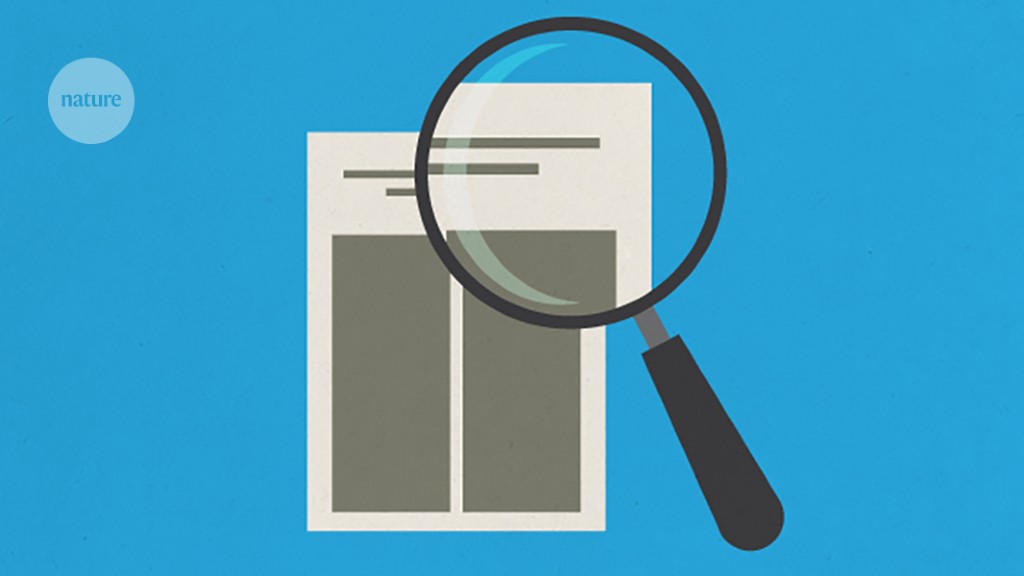
It could take years to reveal the true impact of closed borders, cancelled travel plans and vaccine delays.
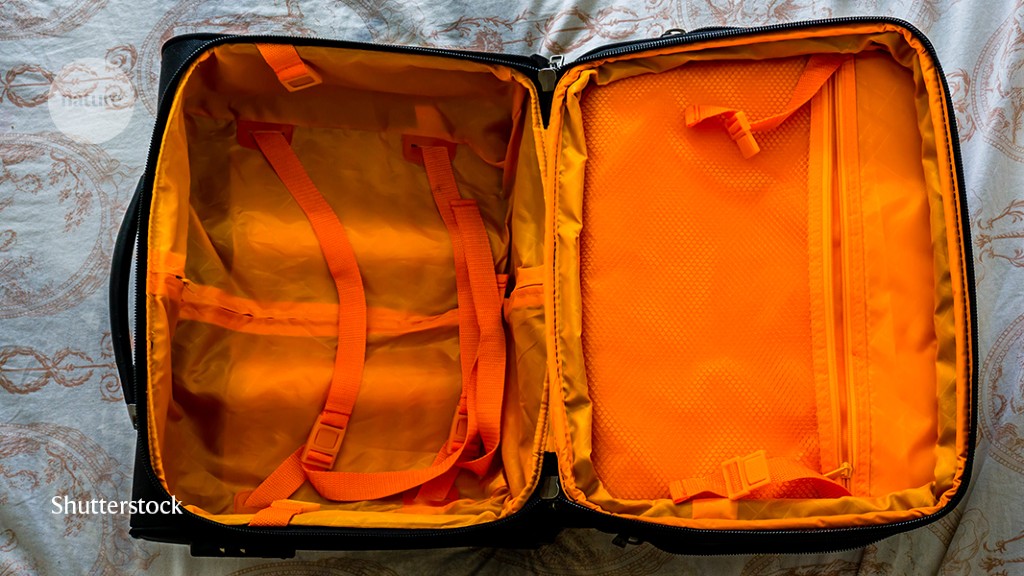
Nearly 1,000 respondents to a US survey urge careful thought about future professional pathways.
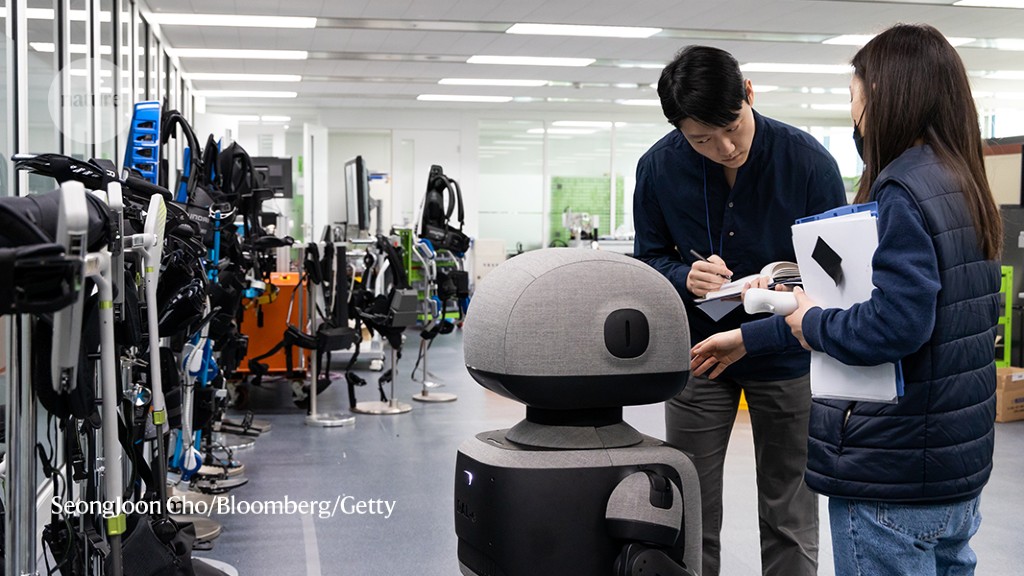
A mathematical model designed to forecast the success of biotechnology papers has drawn criticism from researchers.

Rivalry between China and other countries could diminish global scientific collaboration - just when it is most needed.
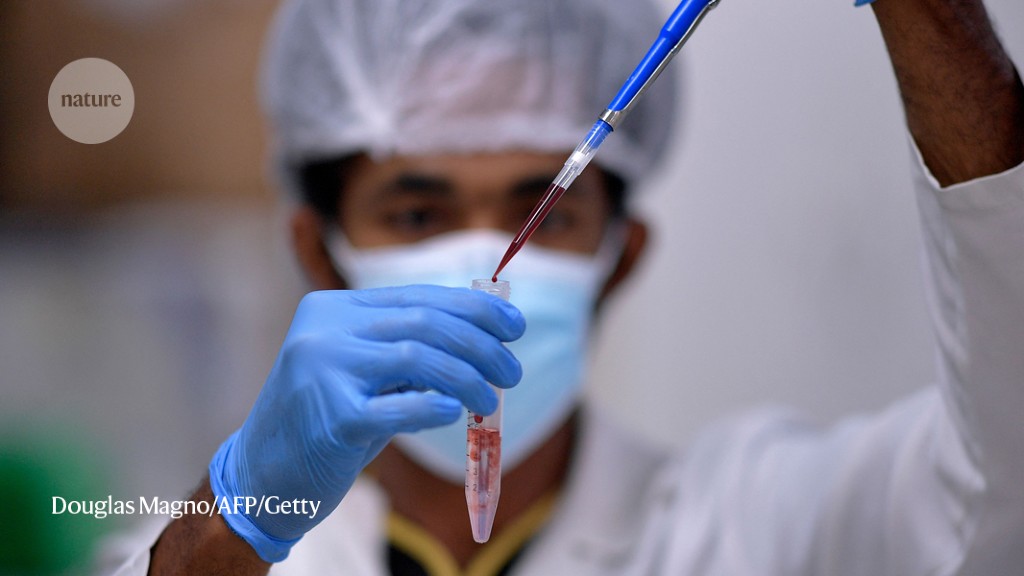
Beth Penrose describes her experiences starting a lab, recruiting staff and creating a research philosophy.
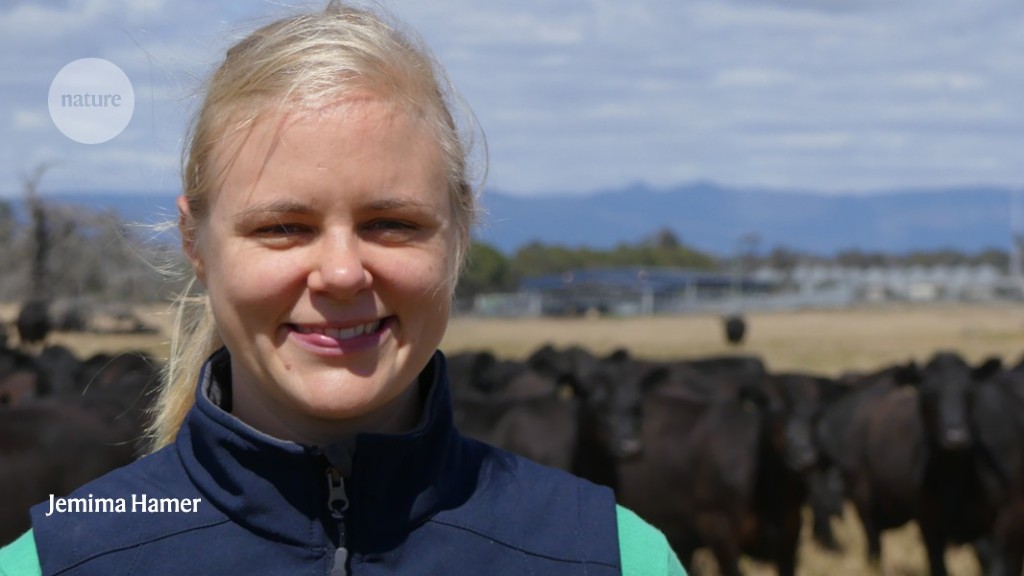
Starting a research group as the COVID-19 pandemic took hold across the world presented extra challenges.
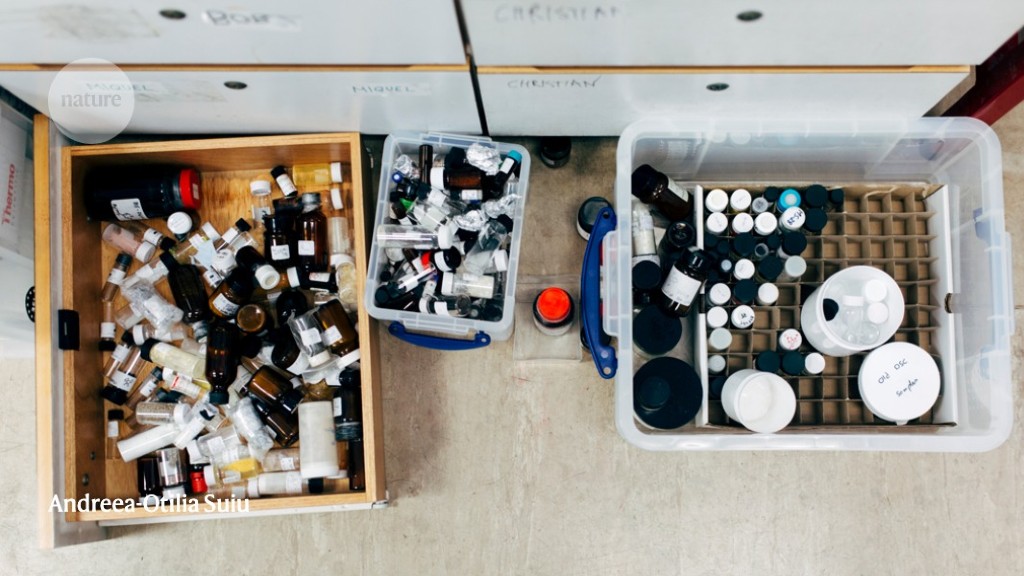
After a consultation process, the 193 member states of the United Nations cultural organization UNESCO started negotiating the final text of its ‘Recommendation on Open Science’ this month.